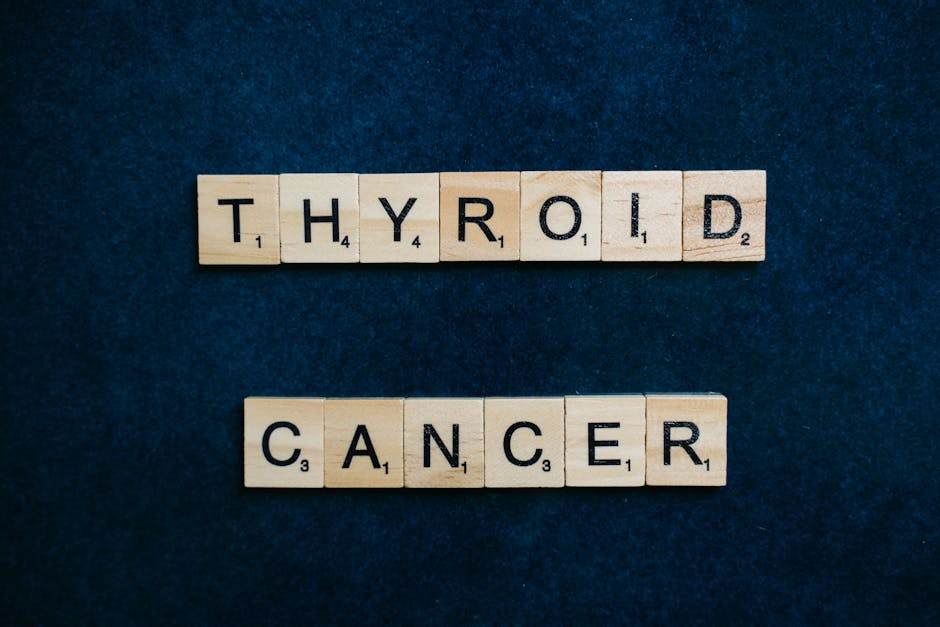Everything You Need To Know About Endocrine Glands
How do cells communicate? How do cells influence the functions of other cells? The answer is simple. Hormones. Hormones are the main signaling molecules for the cell. Hormones are secreted from sites known as glands. There are two types of glands, depending on how the glands secrete their contents. The principal types of glands are endocrine and exocrine glands.
What Are Endocrine Glands?
Endocrine glands are body glands that secrete directly into the bloodstream. This is quite unlike exocrine glands, which secrete through a system of ducts onto an epithelial surface. Examples of epithelial surfaces are the skin and linings of hollow organs such as the stomach and intestines.
Examples Of Endocrine Glands
There are many endocrine glands in the body, primarily because of their vast functions. These glands can be found in the head, neck, thorax, abdomen, and other organs. However, their unique feature is that they are never too far from vascular bundles (veins and arteries).
Endocrine glands include:
The Pituitary Gland
The pituitary gland is the master endocrine gland and is found in the brain. It secretes many hormones, responsible for many functions ranging from metabolism to mood regulation and even sexual reproduction. The hormones secreted by the pituitary gland include:
- Growth hormones
- Adrenaline hormone
- Follicle-stimulating hormone
- Thyroid-stimulating hormone
- Oxytocin
- Dopamine
- Luteinizing hormone
There are many more hormones secreted by this crucial gland, and in addition to this, it has indirect influences on the secretion of other hormones by other glands.
Hypothalamus
The hypothalamus is another endocrine gland in the human body. Many of its functions are geared towards ensuring the maintenance of a constant internal environment in the body -homeostasis- and controlling other glands in the brain that are closely related to it. It produces the corticotrophin-releasing hormone, somatostatin, antidiuretic hormone, and many other hormones.
The Thyroid Gland
The thyroid gland directly influences the body’s metabolic activities. The hormone secreted by the thyroid gland is the thyroid hormone, which has an antagonist produced by the parathyroid gland, the parathyroid hormone. Regulation of temperature and internal energy levels by catabolism are a few of the many functions of this hormone.
Pineal Gland
Ever wondered where the sudden urge to sleep comes from? Fatigue might be generated after a long day’s work, but the sun’s setting slowly directs the brain to shut down temporarily even in its absence. This phenomenon can be credited to a relatively small gland known as the pineal gland in the brain. It is considered among the major glands in the human body.
The Pancreas
The pancreas has functions in the lower part of the digestive system, more specifically in the stomach and small intestines. It is considered a component of the gastrointestinal tract, but because of the obvious absence of ducts delivering hormones to the target locations, it is considered an endocrine gland. The pancreas secretes hormones such as insulin and glucagon, which play a pivotal role in regulating blood sugar levels.
There are many more glands in the human body, some small in size, while others have a relatively larger size. However, they are all equally important and are all necessary for maintaining the overall equilibrium of normal body functions. An imbalance in the amount of hormone secreted by these glands or impairment of the glands themselves could lead to a cascade of undesired effects.
Functions Of Endocrine Glands in The Human Body
Endocrine glands, as seen above, have several functions in the body. They serve to regulate different environments in the cells and have a role to play in many other metabolic pathways. The general functions of endocrine glands include:
Hormone Secretion
Arguably the most important function, all endocrine glands secrete hormones into the bloodstream. These glands have the capacity to manufacture, store and secrete hormones whenever the body requires them. The brain controls the secretion of these hormones throughout an individual’s life, some fluctuating on monthly cycles, such as the hormones responsible for the menstrual cycle. In contrast, others like testosterone fluctuate over longer periods. The study of endocrine glands is called Endocrinology
Response to Nervous Stimuli
The changes taking place within the gland leading to the eventual secretion of the hormones are under constant nervous regulation. Everything is regulated by the central nervous system by neurons terminating in the endocrine glands from the manufacture to the packaging. In this manner, the brain influences the activity of the endocrine glands ensuring hormone levels are maintained within acceptable levels.
In conclusion, the endocrine gland has many functions and influences on the human body. They are essential for all routine activities through their secretions, which are hormones. Hormones can be steroids or long chains of blocks of amino acids. The hormones from endocrine glands are transmitted via the bloodstream and affect target cells by binding to receptors specific to a single hormone. If you suspect you are suffering from hormone impairment in Tampa, it is imperative that you seek assistance from an endocrinologist.
There are different examples of endocrine glands, but each is essential in its unique way and function to sustain life.







